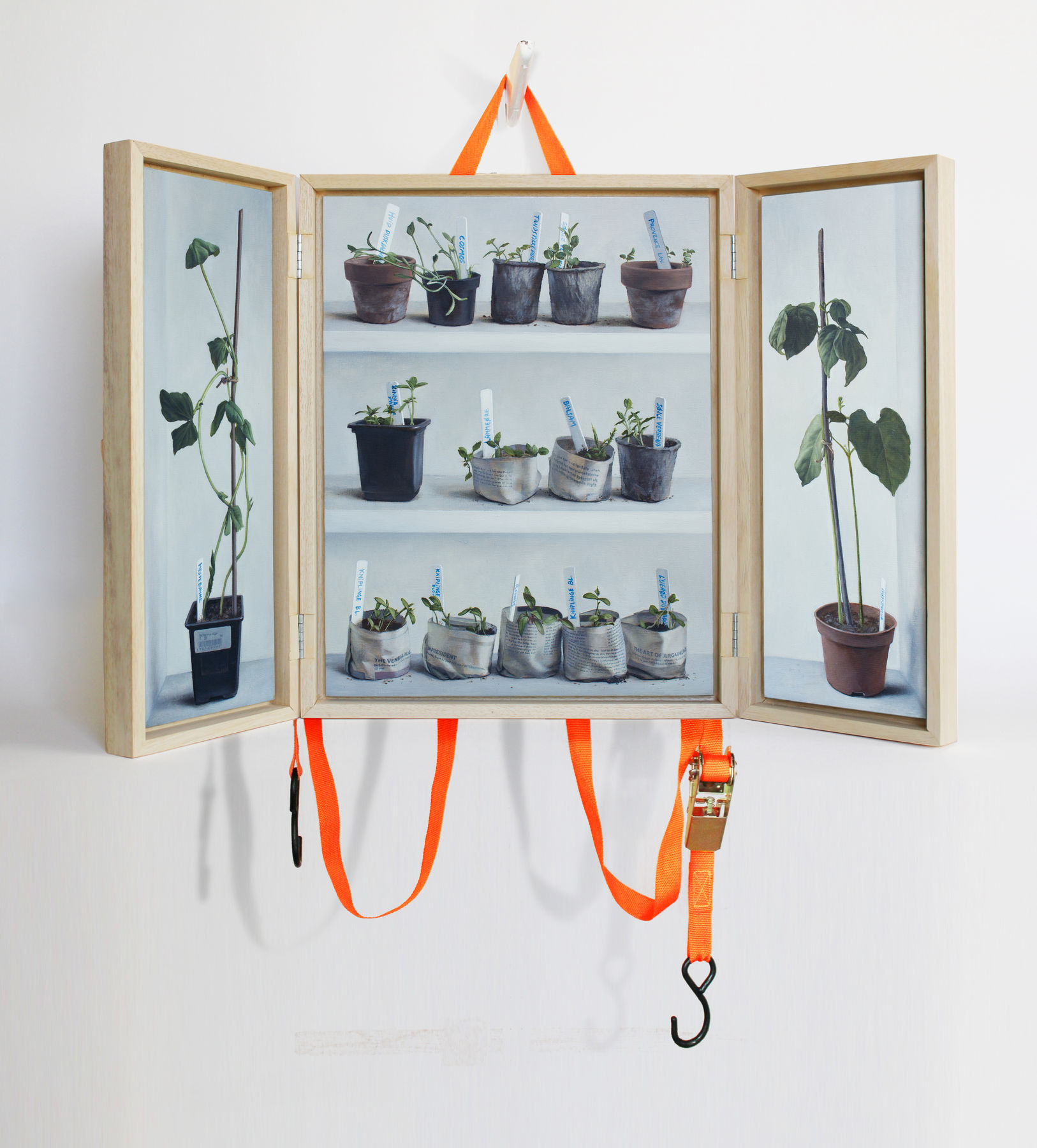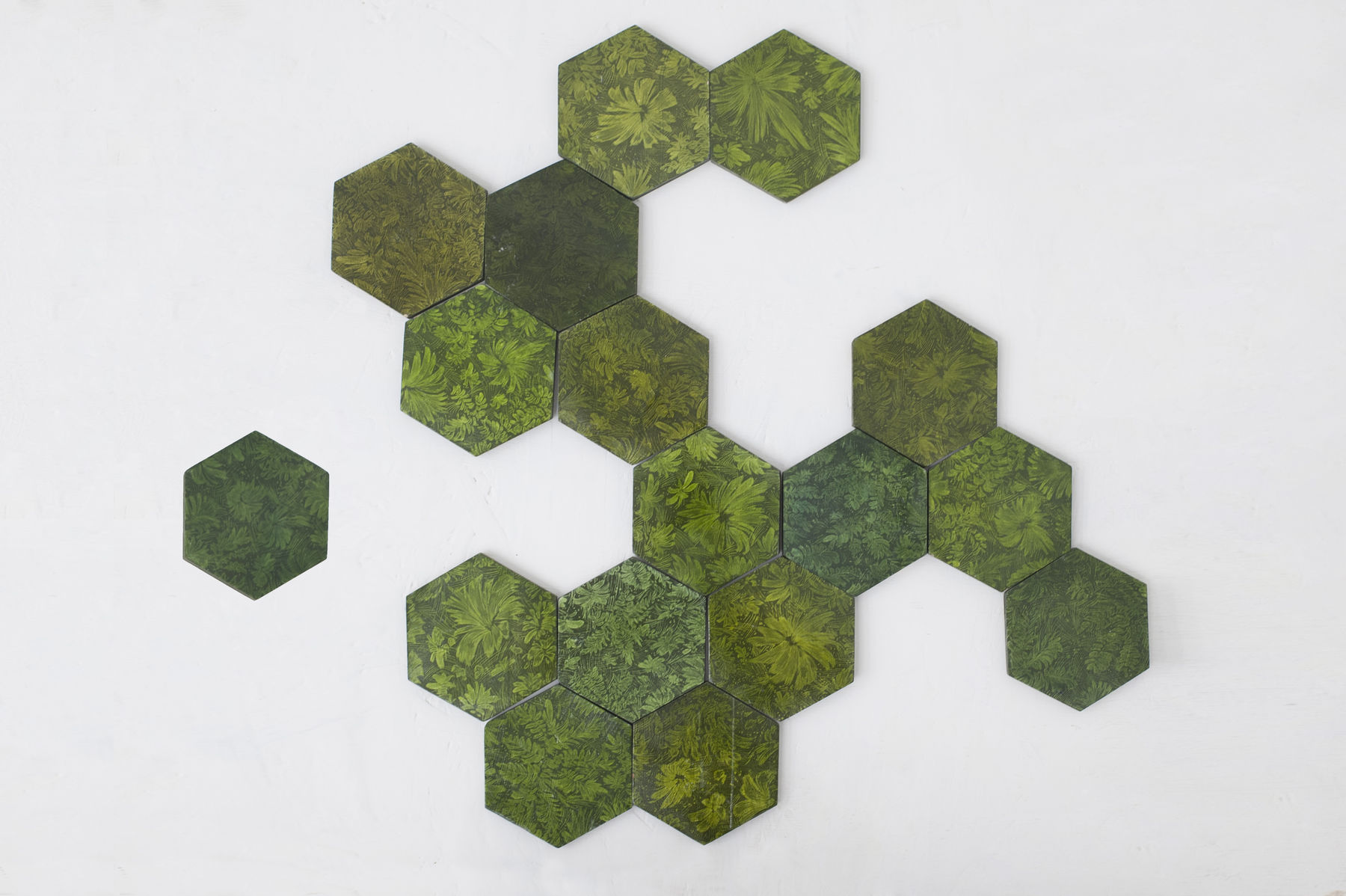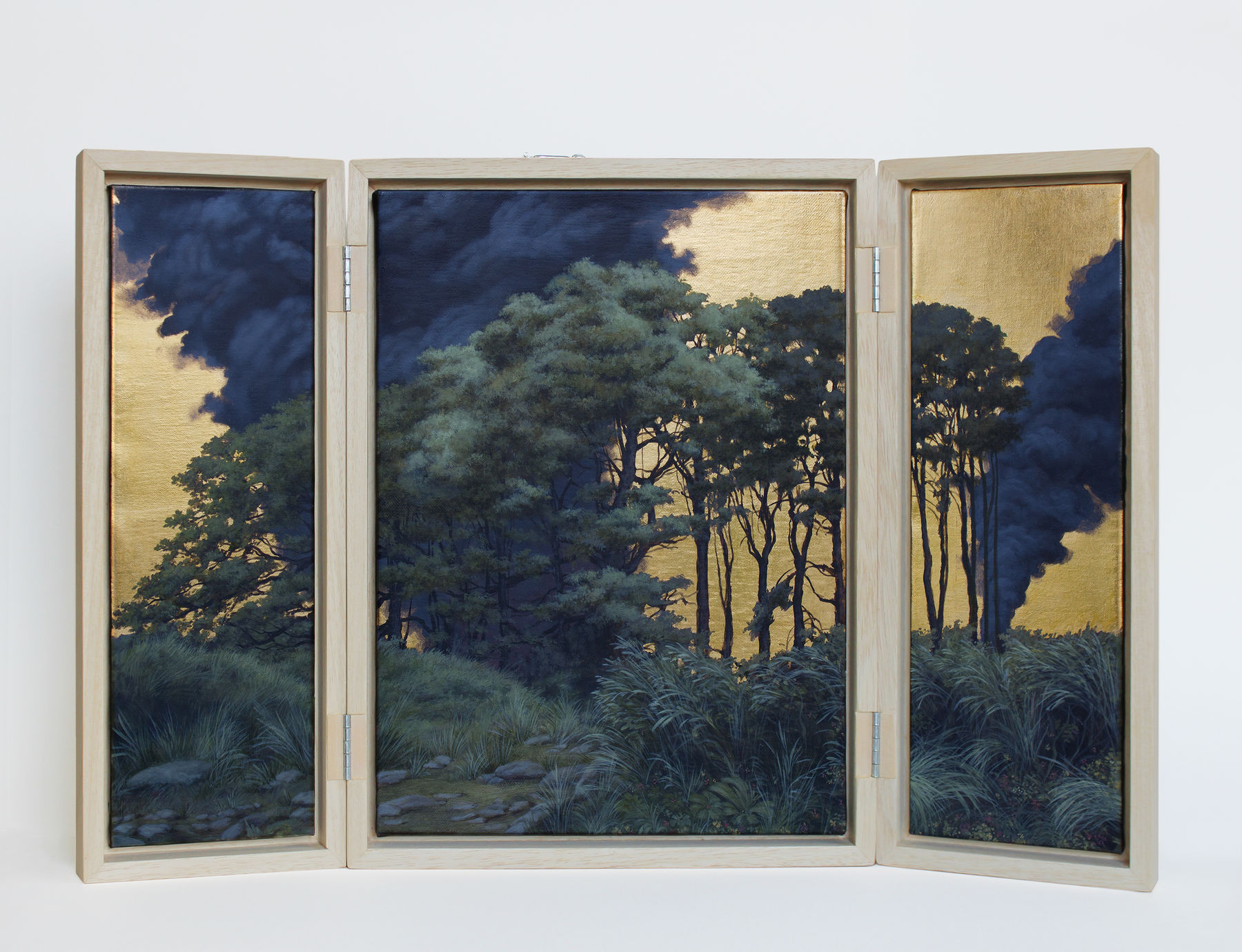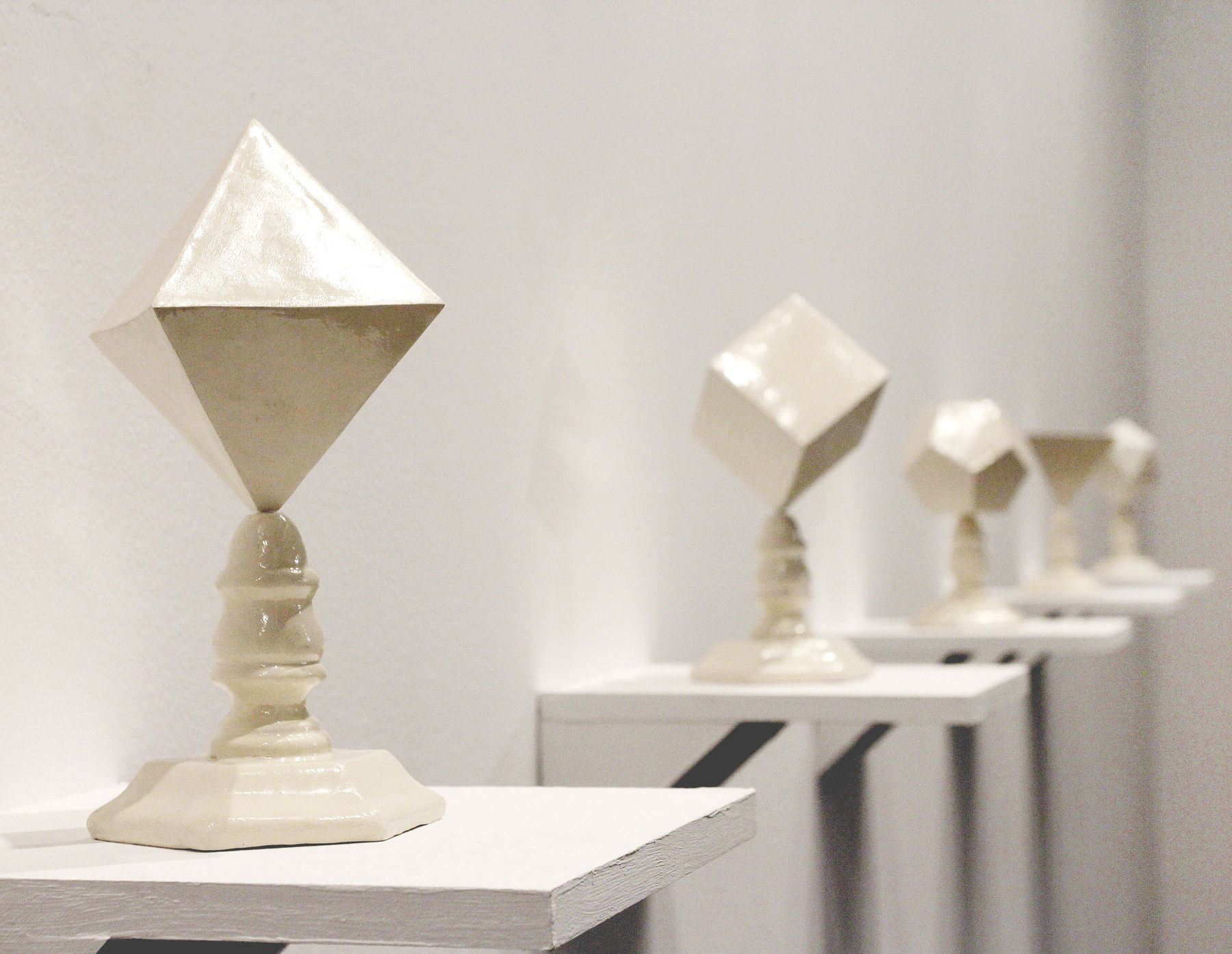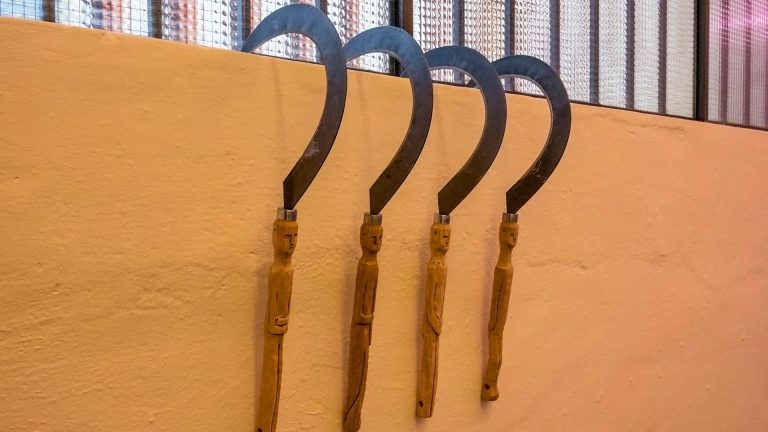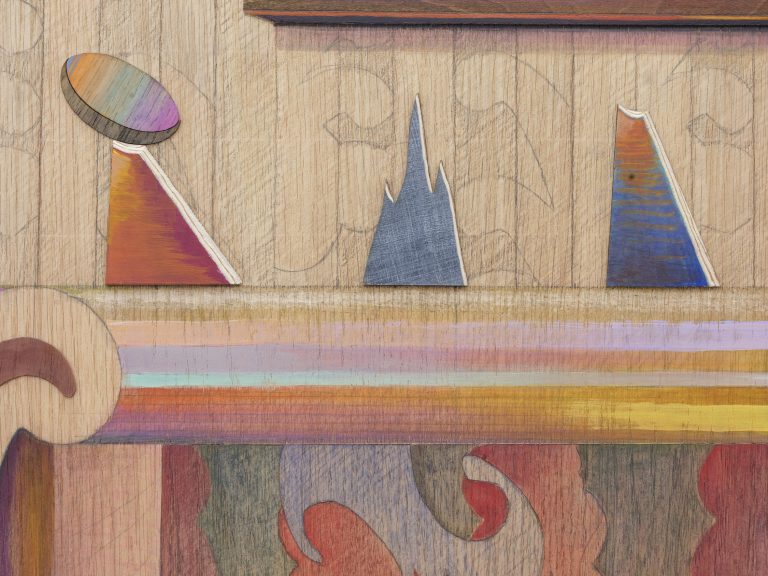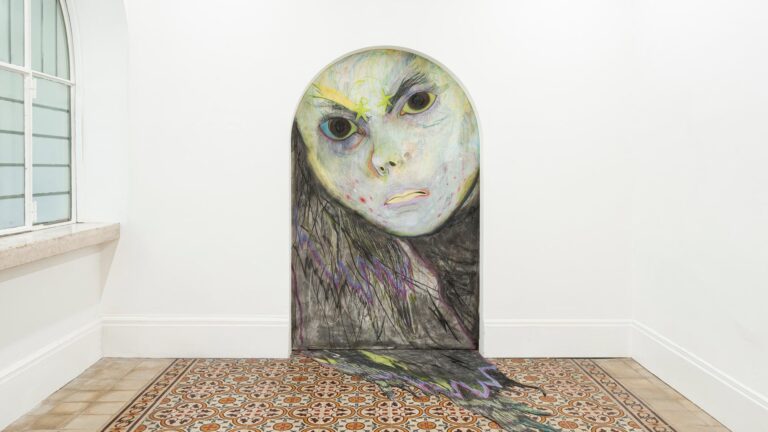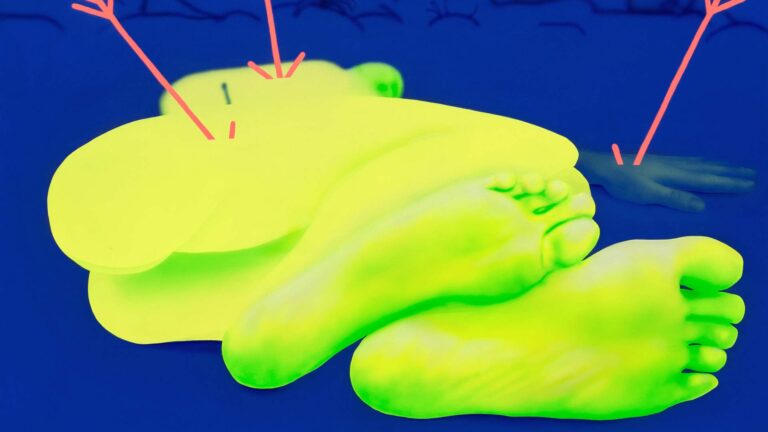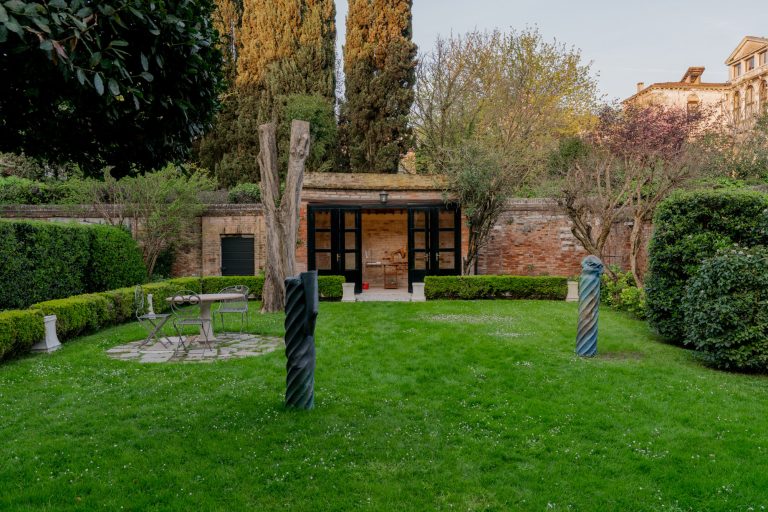Artist: Jesús Herrera Martínez
Exhibition title: Taking Care Of The Garden Of Eden
Curated by: Eleonora Aloise and Carlo Maria Lolli Ghetti
Venue: White Noise Gallery, Rome, Italy
Date: September, 2018
Photography: all images copyright and courtesy of the artist and White Noise Gallery, Rome
For his second solo show at White Noise Gallery, Spanish painter Jesús Herrera Martínez presents a new cycle of works entitled “Taking Care of the Garden of Eden”. Giving his own representation of nature, Jesus reflects on the physical impossibility for the artist to give an objective and detached portrait of reality.
The show is conceived like a botanical garden: an impossible attempt to enclose in a single place the vastness of nature. Built as perfect images of the whole, those places are the synthesis of all the beauty and complexity of creation; there, species from totally different environments can finally coexist.
The viewer will not look at a garden but he will stare at the entire world.
Each work is conceived as a fragment of a secret garden, one line of the absolute picture, created to be kept and carried around.
That’s the case with the Have, foldable polyptychs to be worn as backpacks and opened to the need, as if they were moving windows on a perfect garden. So, the hexagons, meticulously covered by an oil-painted fauna, are ready to transform any surface in a tiny plot of jungle. Is up to the collector to build a composition of hexagons to create its own and unique garden of Eden.
Jesus work carries on the same spirit of the ancient Wunderkammer, where scientific rigour is often replaced by pure fascination. The seed for his research lays in the work of artists like Albert Eckhout. In his work we can see an early representation of exotic wonders from the coast of Brasil, pictured as Flemish still-lives.
Each piece of the show is both rigorous and clean as a botanical illustration and contaminated by the hand and the imagination of the artist. Jesús acts as the keeper of Eden, the absolute garden, portraing it through different mediums: from canvas to ceramic. With the accuracy of a baroque curator he creates the complete herbarium of an impossible garden.
The elaborated technique used by Jesus Herrera for this research goes far beyond the physical limitation of the painting and explores the third dimension; the oil invades the frame until it becomes a camouflage that covers and uncovers everything with the representation of the perfect garden. The supreme skill behind the paintings is always functional for their significance; the main character of the show is clearly the nature, not the technique.
In the show everything but five ceramic sculptures are covered in paint: five, pristine, Platonic solids, symbolic avatars of an absolute and distant science that doesn’t show up in Jesus’s ideal garden but rather measures it. That perfect and fair yardstick that the artist constantly pursues but never achieves.















